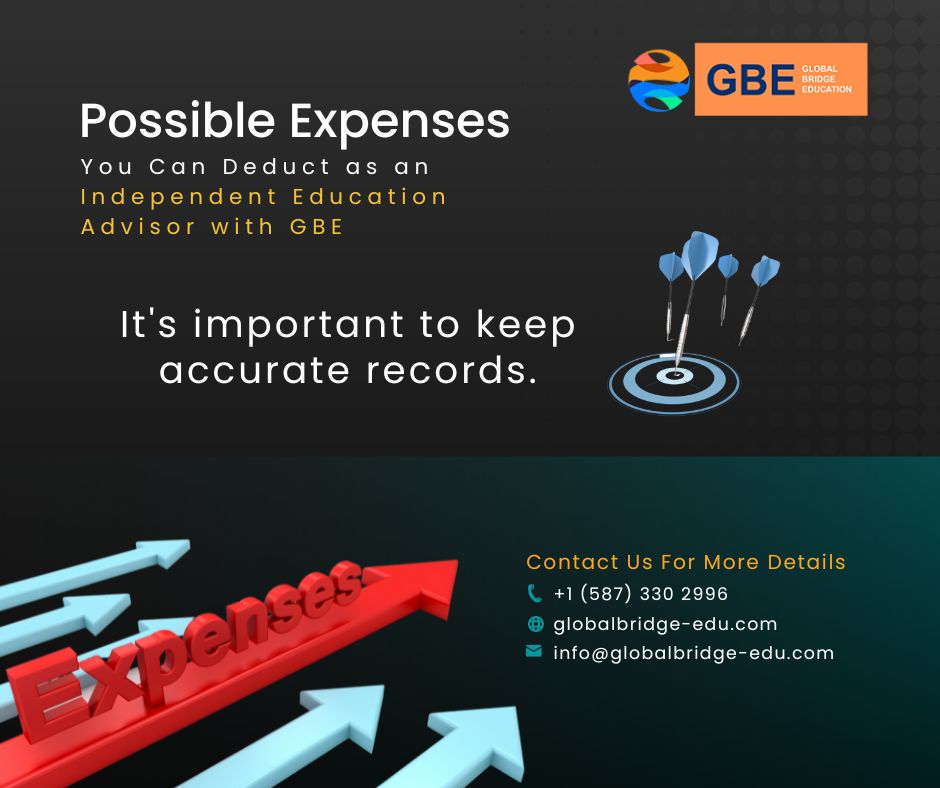As an independent business owner in Canada, you can deduct various expenses to reduce your taxable income and lower your overall tax liability.
It’s important to keep accurate records of these expenses and consult with a tax professional or accountant for guidance tailored to your specific situation.
Here are some common expenses that you may be able to deduct:
1. Business Expenses
– Office rent or lease expenses
– Utilities for your business location
– Office supplies and equipment
– Maintenance and repairs of business property
– Internet and phone expenses related to your business
– Business insurance premiums
2. Employee Wages and Benefits
– Salaries and wages paid to employees (including yourself)
– Employer contributions to employee benefits plans (e.g., health and dental plans)
– Employer’s portion of Employment Insurance (EI) and Canada Pension Plan (CPP) contributions for employees
3. Travel Expenses
– Travel-related expenses for business purposes, such as airfare, accommodation, meals, and transportation
– Be sure to differentiate between travel for business purposes and personal travel to avoid discrepancies.
4. Vehicle Expenses
– If you use your vehicle for business purposes, you can deduct a portion of your vehicle expenses, including fuel, maintenance, insurance, and depreciation. Keep detailed mileage records to support your claim.
5. Home Office Expenses
– If you have a dedicated home office, you can deduct a portion of your home expenses, including rent, mortgage interest, property taxes, utilities, and maintenance, based on the proportion of your home used for business.
6. Advertising and Promotion
– Expenses related to advertising and marketing your business, including online advertising, printing costs, and promotional materials.
7. Professional Fees
– Fees paid to accountants, lawyers, consultants, and other professionals for services related to your business.
8. Interest and Financing Charges
– Interest paid on loans or credit used for business purposes.
9. Meals and Entertainment
– You can deduct a portion of meals and entertainment expenses that are directly related to your business activities. Keep detailed records and receipts.
10. Professional Development
– Costs associated with improving your skills or knowledge related to your business, such as training courses, workshops, and conferences.
11. Bank Charges and Fees
– Fees associated with your business bank accounts and transactions.
12. Licenses and Permits
– Costs associated with obtaining and renewing business licenses and permits.
13. Office Software and Subscriptions
– Costs for software and subscriptions essential to your business operations.
14. Charitable Donations
– If your business makes charitable donations, you may be eligible for deductions.
15. Depreciation
– Depreciation expenses for capital assets used in your business, such as equipment and machinery.
Remember that the deductibility of expenses can vary depending on the nature of your business and the specific tax regulations in Canada.
It’s advisable to keep detailed records, maintain receipts, and consult with a tax professional to ensure that you are taking advantage of all eligible deductions while staying compliant with tax laws.
Tax laws and regulations may change over time, so it’s important to stay up to date with any revisions that may affect your business expenses.
Call Now!
+1 (587) 330 2996









